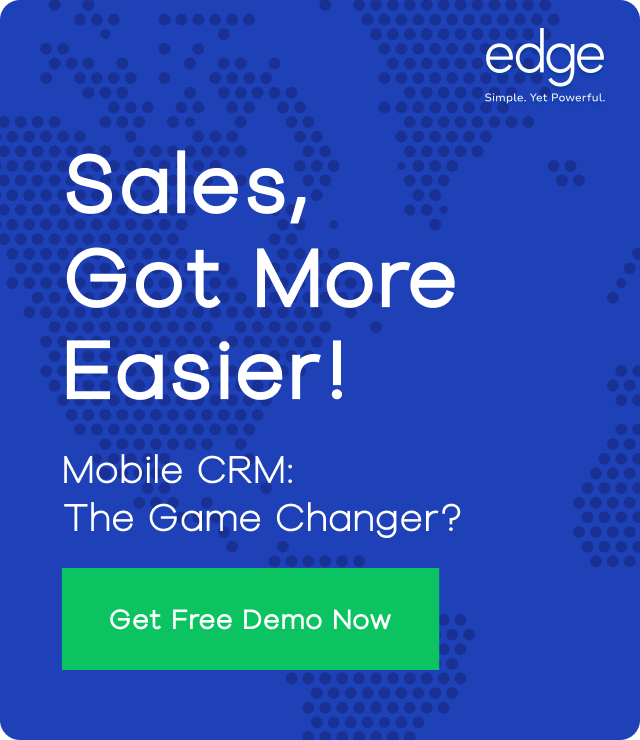by Mrudula Kulkarni
6 minutes
From Ideation to Execution: Streamlining Pharma Campaigns with Generative AI
Generative AI is transforming pharma marketing with speed, creativity, and compliance for smarter campaigns.

Pharma marketing has always been about precision — the right message, to the right audience, at the right time. But in an industry bound by regulations, complex data, and high-stakes innovation, creative execution often takes a back seat to compliance.
Enter Generative AI — the technology that’s reshaping how pharma campaigns are imagined, designed, and delivered. From ideation to execution, AI is not just speeding up workflows — it’s redefining creativity, personalization, and scalability in one intelligent loop.
The Ideation Revolution: Where Creativity Meets Data
Pharma marketers have long depended on brainstorming sessions, medical insights, and creative briefs to craft campaign concepts. But AI tools like ChatGPT, Jasper, and DALL·E are turning that process into a real-time innovation lab.
By analyzing past campaigns, target audience behavior, and scientific literature, Generative AI can generate new campaign ideas, suggest themes, and even create content that resonates with different audience segments — from healthcare professionals to patients.
Imagine entering a few prompts like “oncology awareness campaign for European clinicians” — and instantly receiving multiple concept frameworks, content drafts, and visual ideas based on regulatory-safe language and tone. That’s ideation at machine speed.
Execution Made Efficient: The New Marketing Engine
Pharma campaigns often stall between concept approval and execution. Creative assets take weeks, translations take longer, and compliance checks can feel never-ending. Here’s where AI-driven automation changes the game.
Generative AI tools can:
- Draft regulatory-compliant content for websites, emailers, and medical brochures.
- Localize campaigns across regions in seconds while maintaining scientific accuracy.
- Generate visual mock-ups for packaging, ads, and infographics using AI design tools like Midjourney or Firefly.
- Simplify Medical Legal Review (MLR) with AI-assisted pre-screening to flag non-compliant terms.
As a result, pharma brands move from concept to market in weeks instead of months, ensuring consistency and compliance every step of the way.
Precision Personalization: Talking to the Right Audience
Personalization in pharma marketing used to mean segmenting doctors by specialty or patients by condition. Generative AI takes it further — using predictive analytics and natural language processing to understand tone, intent, and behavior.
This means your campaign emails can adapt language and content depending on whether you’re reaching an oncologist, a pharmacist, or a patient caregiver. The result? Higher engagement, better retention, and a brand experience that feels human — even when powered by AI.
The Continuous Optimization Loop
The beauty of AI lies in its feedback loop. Once a campaign is live, Generative AI can analyze engagement data, track performance, and suggest optimization strategies — whether that means tweaking headlines, visuals, or CTAs.
It’s not just about automation — it’s about continuous learning. Every campaign becomes smarter than the last, building a database of creative intelligence that grows with your brand.
The Ethical Edge: Responsible AI in Pharma
While the potential of Generative AI is vast, pharma marketers must tread carefully. Transparency, compliance, and data integrity are non-negotiable.
Implementing AI governance frameworks, ensuring human oversight, and maintaining data privacy will be crucial to keep creativity ethical and campaigns compliant. Because in pharma, innovation without responsibility is never an option.
Conclusion: The Future of Pharma Marketing Is Intelligent
From ideation to execution, Generative AI is making pharma campaigns smarter, faster, and more human-centered. It bridges the gap between creativity and compliance — a balance that’s long been hard to strike.
In the coming years, marketers who harness AI not as a replacement for creativity, but as a collaborative partner, will lead the charge in defining pharma’s digital future.
The message is clear: AI won’t replace marketers — but marketers who use AI will replace those who don’t.
FAQs
1. What is Generative AI in pharma marketing?
Generative AI in pharma marketing refers to the use of AI tools that can create text, visuals, videos, and strategies based on data and prompts. It helps marketers design compliant, data-backed campaigns with speed and creativity.
2. How can Generative AI streamline pharma campaigns?
AI can automate ideation, content creation, localization, compliance checks, and analytics. It reduces turnaround times and improves accuracy, ensuring faster time-to-market without compromising quality or regulatory safety.
3. Is AI-generated pharma content compliant with regulations?
Generative AI tools can be trained on regulatory-safe language models, but human review remains essential. Most pharma companies use AI for drafting and ideation while compliance teams handle final approvals.
4. What are the best Generative AI tools for pharma marketers?
Tools like ChatGPT, Jasper, Grammarly Business, Midjourney, Canva AI, and Adobe Firefly are widely used for ideation, copywriting, and creative design. For data insights, tools like Tableau AI and IBM Watson are gaining traction in pharma.
5. What challenges should pharma marketers be aware of when using AI?
Key challenges include maintaining regulatory compliance, ensuring data privacy (especially under HIPAA and GDPR), avoiding bias in generated content, and managing intellectual property for AI-generated assets.




